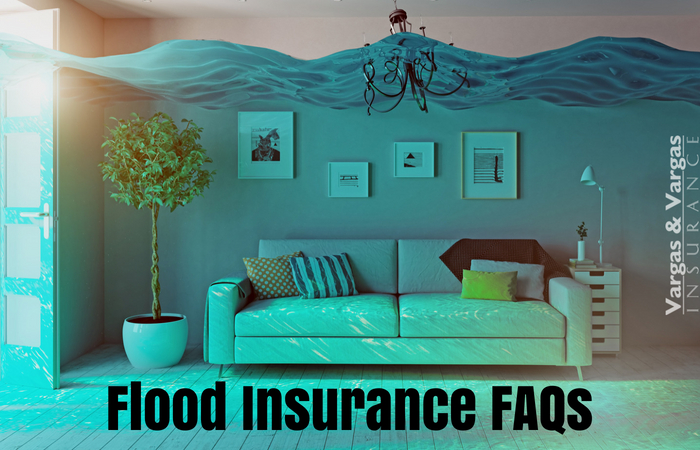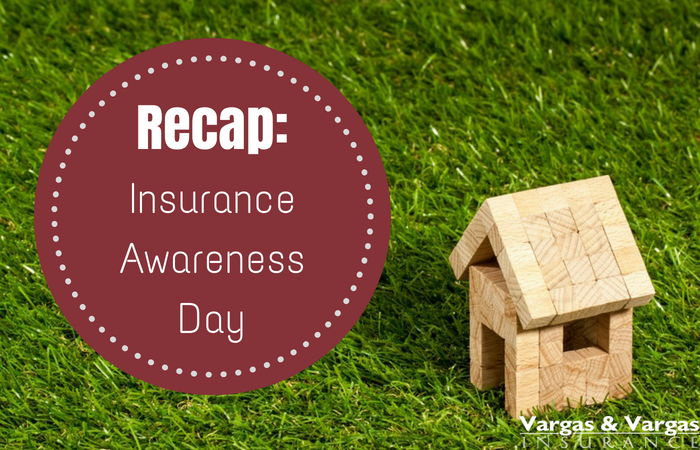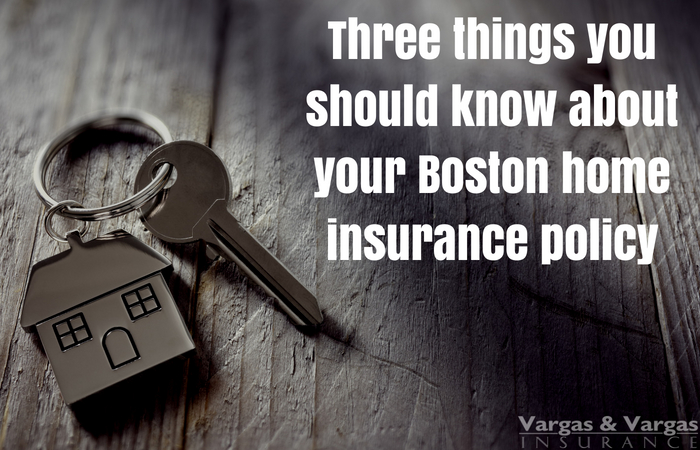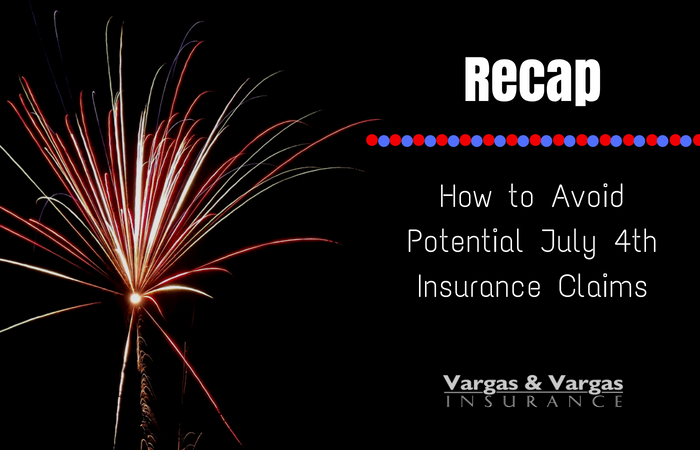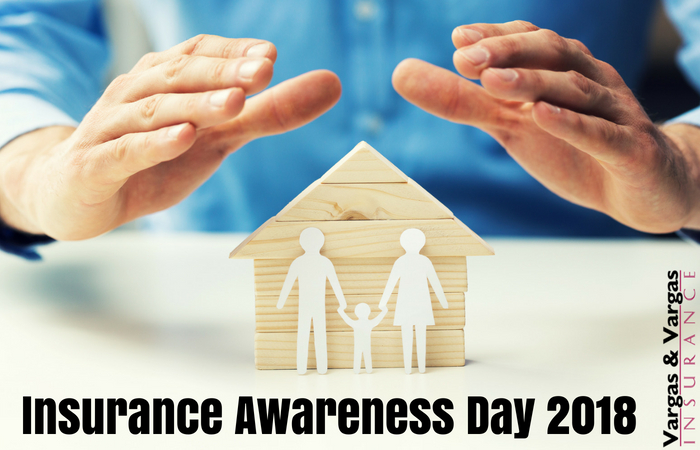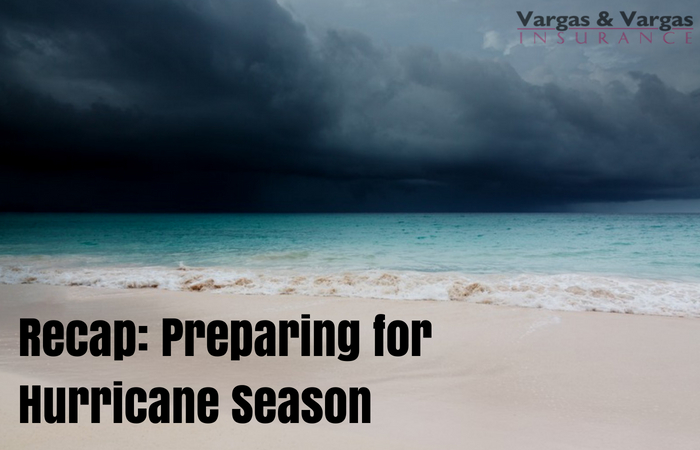
At Vargas and Vargas Insurance Agency, we know the value of small businesses – that’s why we take such pains to protect the ones we insure with top-notch Massachusetts small business insurance policies. Whether your business is established or just starting out, it has many moving parts, and no two are exactly alike, so the insurance that each one needs is unique. Based on your industry and the risks to which you are exposed, your commercial insurance policy may include:
Property Insurance
If your business has a storefront or an office, property coverage is critical. You need to make sure that your location and its contents are protected in case of any type of covered loss, including most types of severe weather, as well as fire, vandalism, and more. For added protection, talk to your insurance agent about adding a flood insurance policy to your property insurance.
General Liability Insurance
You never expect your business to do harm to others, but you should be protected just in case you are ever the target of litigation. Depending on the policy, your liability insurance may also cover damages or medical fees for which you are held liable, up to the policy limits.
Professional Liability Insurance
If your business makes recommendation or gives professional advice, you may need special liability insurance in case your guidance results in harm to your customers. Ask our agents about how much coverage you should carry based on your line of business, and we will help steer you in the right direction.
Excess Liability Insurance
When it rains, it pours. That’s where umbrella insurance comes in! If you have umbrella insurance, you will be protected above and beyond your other liability insurance policies. This helps to ensure that you won’t have to close your doors if you are ever targeted by a large lawsuit.
Commercial Auto Insurance
If your business is responsible for any vehicles, you will need insurance to cover those vehicles and the employees that operate them. Whether your vehicle is for transport of employees or customers, or if it is used for deliveries, you need to make sure that you’re fully protected in case of an accident. For more information, read this post on the Vargas and Vargas Insurance Blog!
Business Interruption
Your basic business insurance policy will cover repairs to your property if it is damaged, but what will cover you if you have to temporarily close your doors? If the loss of income for a short period of time would result in difficulties, you may want to consider business interruption coverage, also called business income insurance.
Data Breach Insurance
Does your business rely on digital data? If your computers are physically damaged, they will be covered… but what about if they are hacked? If your information is stolen and your data is leaked, data breach insurance will protect you. This may also cover businesses that are sued due to leaked information that was kept in paper files, though hacking is much more common nowadays.
Worker’s Compensation
If your business employs a certain number of workers, you may be required to carry a worker’s compensation insurance policy. This coverage will ensure that your employees are protected if they are injured on the job, and can include coverage for medical bills, lost wages, and more. Call our agency to find out if you are legally required to carry this coverage.
Home-Based Business Coverage
If you run your Massachusetts business out of your house, don’t assume that your home insurance policy will cover your business. Often, these businesses will need additional specialized coverage in order to be fully protected, whether it comes as a rider on your home insurance or a separate business policy. Talk to an insurance agent about your business and the type of coverage that you need. For smaller businesses like these, the insurance premiums are often very affordable.
Personal Insurance Policies
While it isn’t a part of our Massachusetts business insurance policies, we want to take this opportunity to remind you not to neglect your personal insurance policies. Trust our agency with your home and car insurance policies in addition to your business’s insurance so that you can rest assured knowing that you are fully protected both personally and professionally.
Want to see what a personalized business insurance policy from Vargas and Vargas Insurance Agency looks like? Just call our agency at 617-298-0655 to speak with a commercial insurance expert about your needs. We will craft a unique policy for you in no time, and at no cost to you! In addition, we can make sure that your business gets all potential discounts and credits that you qualify for – after all, you have better things to spend your money on!
So, what are you waiting for? Call or click now for your free quote and see if your business can be better covered with a policy from Vargas and Vargas Insurance.






